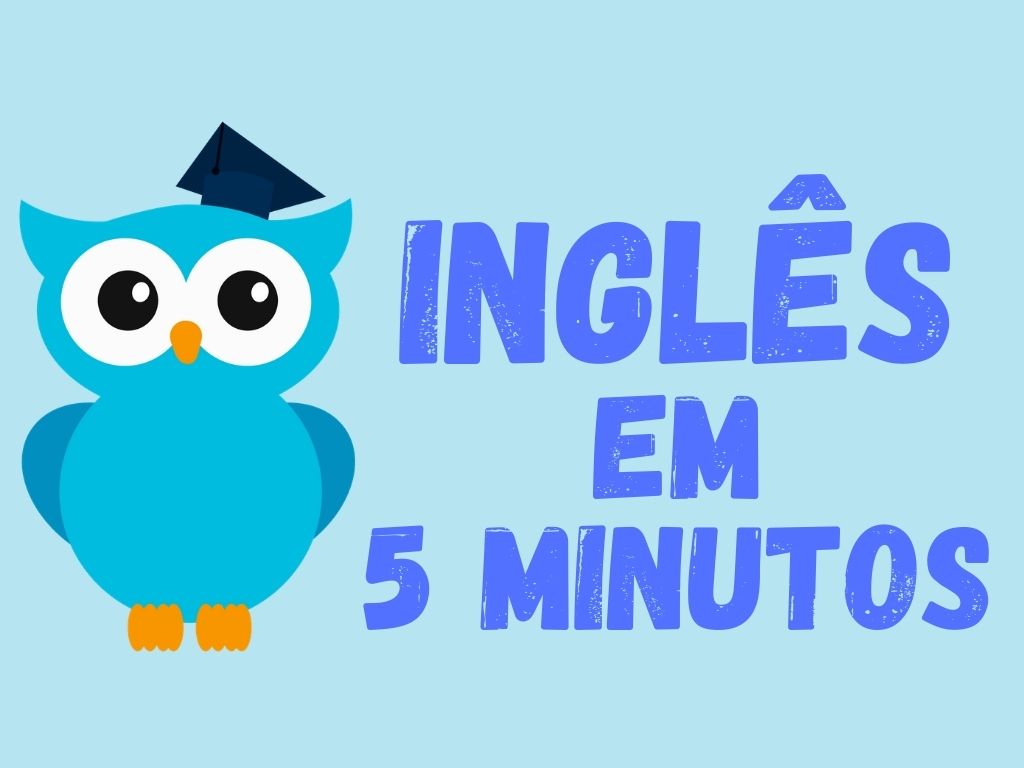Appear
To appear is to seem.
She appeared to be sad. She was crying.
Aparecer
Aparecer
é parecer.
Ela
parecia estar triste. Ela
estava chorando.
Base
The base is the bottom of something.
The base of the table has three legs.
Base
A
base é a parte inferior de alguma coisa.
A
base da mesa tem três pés.
Brain
The brain is the organ in your head that lets you
think.
You must use your brain to solve the problem.
Cérebro
O
cérebro é o órgão da sua cabeça que lhe permite pensar.
Você
deve usar seu cérebro para resolver o problema.
Career
A career is a job that you do for a large part of your
life.
He was in the hospitality business for most of his
career.
Carreira
Uma
carreira é um trabalho que você realiza durante grande parte da sua vida.
Ele
esteve no ramo de hospitalidade durante a maior parte de sua carreira.
Clerk
A clerk is a type of worker. Clerks in a store help
customers.
The clerk added up her bill for the groceries.
Atendente
Um
atendente é um tipo de trabalhador. Os balconistas de uma loja ajudam os
clientes.
A
balconista somou a conta das compras.
Effort
Effort is hard work or an attempt to do something.
He always puts a lot of effort into his studies.
Esforço
Esforço
é trabalho árduo ou uma tentativa de fazer algo.
Ele
sempre se esforça muito nos estudos.
Enter
To enter a place is to go into it.
Two guards greeted me as I entered the front door.
Entrar
Entrar
em um lugar é entrar nele.
Dois
guardas me cumprimentaram quando entrei pela porta da frente.
Excellent
When something is excellent, it is very good.
I got an excellent score on my school test.
Excelente
Quando
algo é excelente, é muito bom.
Tirei
uma nota excelente no meu teste escolar.
Hero
A hero is a brave person who does things to help
others.
To children, the man in the blue and red costume was a
real hero.
Herói
Um
herói é uma pessoa corajosa que faz coisas para ajudar os outros.
Para
as crianças, o homem fantasiado de azul e vermelho era um verdadeiro herói.
Hurry
To hurry is to do something quickly.
I hurried home on my bike.
Apressar
Apressar-se
é fazer algo rapidamente.
Corri
para casa na minha bicicleta.
Inform
To inform someone is to tell them about something.
I called and informed her about my idea.
Informar
Informar
alguém é contar-lhe algo.
Liguei
e informei-a sobre minha ideia.
Later
Later means after the present, expected, or usual
time.
She missed the train, so she’ll arrive a little later
than expected.
Mais
tarde
Mais
tarde significa depois do horário presente, esperado ou habitual.
Ela
perdeu o trem, então chegará um pouco mais tarde do que o esperado.
Leave
To leave means to go away from someone or something.
He packed his bag and was ready to leave for home.
Deixar
Sair
significa afastar-se de alguém ou de alguma coisa.
Ele
fez as malas e estava pronto para voltar para casa.
Locate
To locate something is to find it.
I could not locate my keys in the house.
Localizar
Localizar
algo é encontrá-lo.
Não
consegui localizar minhas chaves em casa.
Nurse
A nurse is a person who helps sick people in the
hospital.
A nurse helped me get better.
Enfermeira
Uma
enfermeira é uma pessoa que ajuda pessoas doentes no hospital.
Uma
enfermeira me ajudou a melhorar.
Operation
An operation is when a doctor replaces or removes
something in the body.
The operation on my arm was a success.
Operação
Uma
operação ocorre quando um médico substitui ou remove algo do corpo.
A
operação no meu braço foi um sucesso.
Pain
Pain is the feeling that you have when you are hurt.
His head was full of pain.
Dor
Dor
é a sensação que você tem quando está ferido.
Sua
cabeça estava doendo.
Refuse
To refuse something is to say “no” to it.
The dog refused to play with the cat.
Recusar
Recusar
algo é dizer “não” a isso.
O
cachorro se recusou a brincar com o gato.
Though
Though is used when the second idea makes the first
seem surprising.
Though he was overweight, he liked to be active.
No
entanto
Embora
é usado quando a segunda ideia faz a primeira parecer surpreendente.
Embora
estivesse acima do peso, ele gostava de ser ativo.
Various
If something is various, there are many types of it.
She owned shoes of various styles.
Vários
Se
algo é diferente, existem muitos tipos disso.
Ela
possuía sapatos de vários estilos.
Katy
I first met 8-year-old Katy on a rainy afternoon. I
was a nurse at a hospital. The clerk at the desk told me about Katy. She was
there because she felt a lot of pain. The doctors located a problem at the base
of her brain. I knew she was special, even before she got better. I’ll always
remember Katy as a hero. When I entered Katy’s room, she was not in her bed.
She was in a chair next to Tommy, a little boy. Though Katy did not feel well,
she was playing with Tommy and his toys. It took a lot of effort for her just
to sit in the chair. But she played with Tommy because it made him happy. Katy
was always smiling and never appeared to be in pain. She refused to just lie in
bed. One day I found her painting a picture. Later, she gave it to one of the
older patients. Another day she went outside to get flowers for another sick
little girl. Katy made everyone smile. The doctors hurried to fix the problem
in Katy’s brain. The operation was successful! The doctors informed the
hospital staff of the good news. Katy was fine. She soon felt excellent. She
got better and was able to leave the hospital a month later. I have had a long
career as a nurse. I have met many patients. However, I have never met another
girl like Katy. Even after she got well, she still came to the hospital. She
played various games with the young patients. She read many books to the older
patients. Katy’s kind heart helped her get better so quickly. She is a hero to
me and everyone else at the hospital.
Katy
Conheci Katy, de 8 anos, em uma tarde chuvosa. Eu era enfermeira em um hospital. O funcionário da recepção me contou sobre Katy. Ela estava lá porque sentia muita dor. Os médicos localizaram um problema na base do cérebro dela. Eu sabia que ela era especial, mesmo antes de melhorar. Sempre me lembrarei de Katy como uma heroína. Quando entrei no quarto de Katy, ela não estava na cama. Ela estava sentada em uma cadeira ao lado de Tommy, um garotinho. Embora Katy não se sentisse bem, ela brincava com Tommy e seus brinquedos. Foi preciso muito esforço para ela apenas sentar na cadeira. Mas ela brincava com Tommy porque isso o deixava feliz. Katy estava sempre sorrindo e nunca parecia sentir dor. Ela se recusou a simplesmente ficar deitada na cama. Um dia a encontrei pintando um quadro. Mais tarde, ela deu-o a um dos pacientes mais velhos. Outro dia ela saiu para comprar flores para outra garotinha doente. Katy fazia todo mundo sorrir. Os médicos correram para resolver o problema no cérebro de Katy. A operação foi um sucesso! Os médicos informaram a equipe do hospital sobre a boa notícia. Kate estava bem. Ela logo se sentiu excelente. Ela melhorou e conseguiu deixar o hospital um mês depois. Tive uma longa carreira como enfermeira. Conheci muitos pacientes. No entanto, nunca conheci outra garota como Katy. Mesmo depois de melhorar, ela ainda ia ao hospital. Ela jogava vários jogos com os jovens pacientes. Ela lia muitos livros para os pacientes mais velhos. O bom coração de Katy a ajudou a melhorar muito rapidamente. Ela é uma heroína para mim e para todos os outros no hospital.

